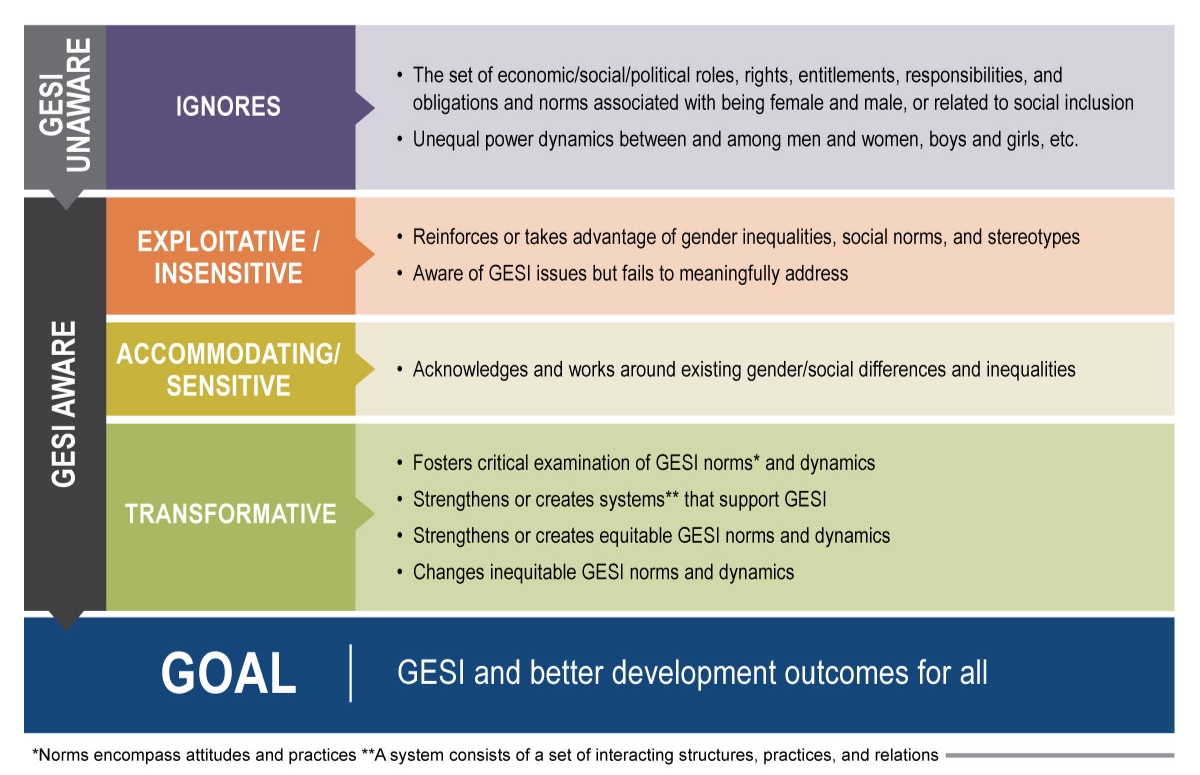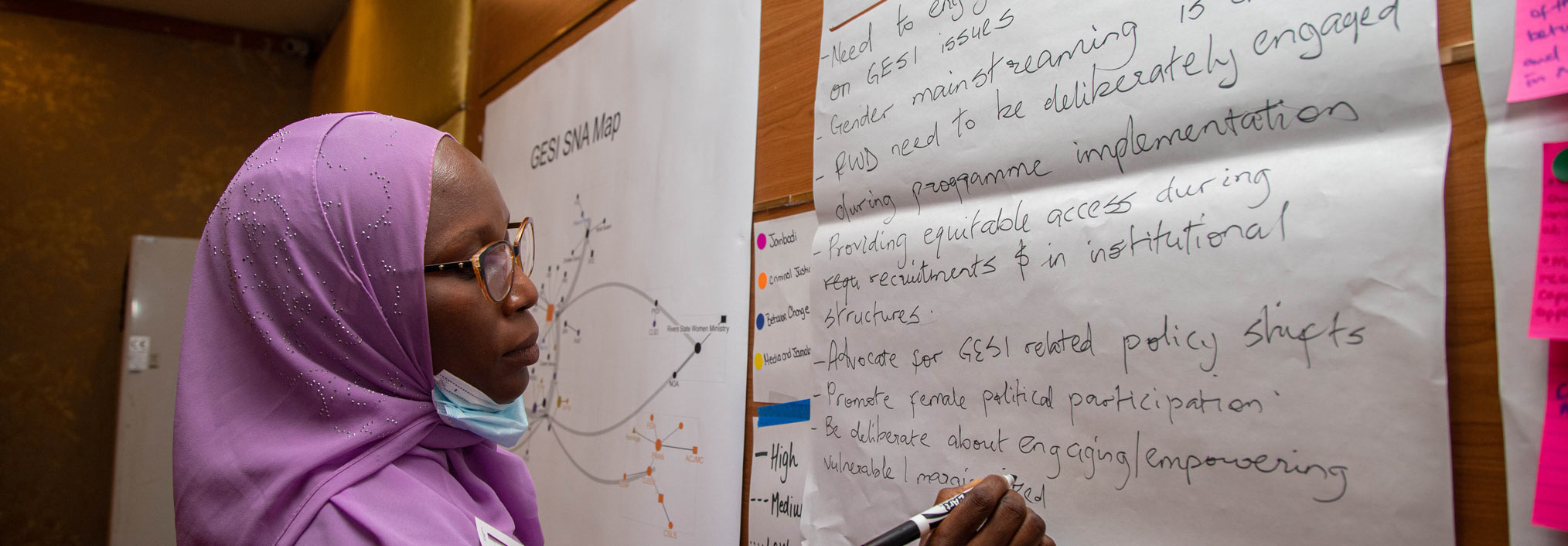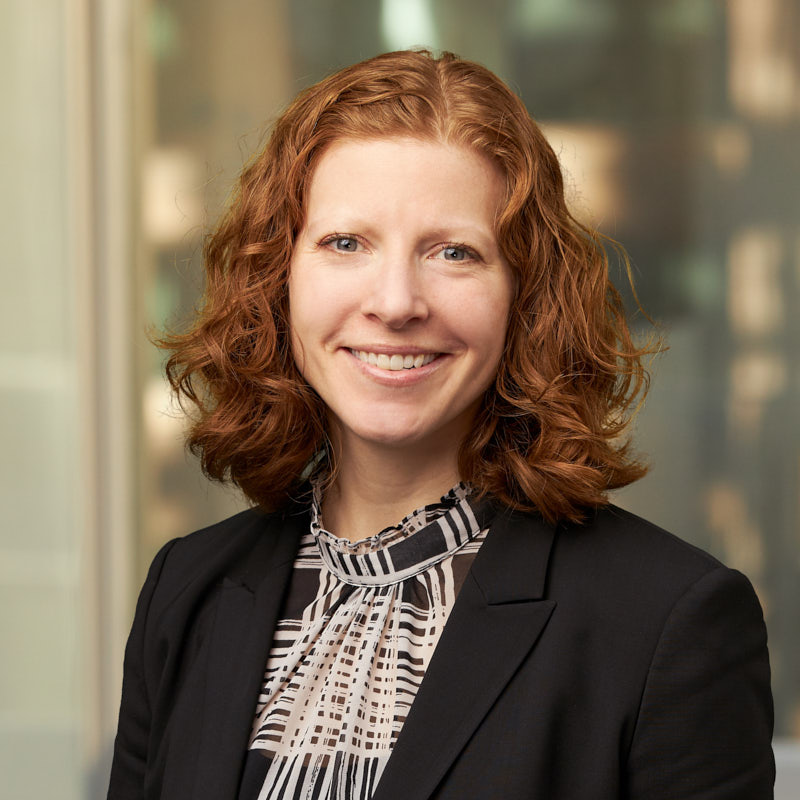As part of our work to advance gender equity and social inclusion (GESI) in Nigeria, we released a GESI Integration Tool to help organizations reflect on their progress toward equity.
Every day, we aim to advance gender equity and social inclusion (GESI) in Nigeria. By being attentive to power dynamics and inequalities as well as the multiple intersectional identities we share, we believe that we can disrupt systems that drive and enable corruption and improve the quality of life of Nigerians, especially individuals whose lives are often lived on the margins—women, young people, people with disabilities, people living in extreme poverty, the elderly, and other excluded groups.
Every day, we aim to advance gender equity and social inclusion in Nigeria.
We know that the effects of corruption are most felt by people who are the most marginalized. With this in mind, the On Nigeria team has endeavored to make our anti-corruption programming more aware of and responsive to gender equity and social inclusion. We adopted GESI as a value and an approach to guide our work and as an outcome that we and our partners strive to achieve. By focusing on equity in our strategy, programming, policies, and practices, we increase the odds that our work will contribute to equality for all Nigerians.
We began by asking our grantees how they thought about and accounted for gender equity and social inclusion in their work. Given the diversity of On Nigeria grantees, it was unsurprising that some had pioneered work that considered power, norms, access to resources, and inequalities for many years, while others were newer to using this lens. Yet nearly all agreed that diversity and inclusion were important to their work. They also asked for additional guidance on how to integrate GESI into their work.
Our technical assistance partner, EnCompass, carried out a literature review to help our team and partners understand the field in Nigeria. We shared a GESI statement, outlining our understanding of and commitment to conducting our grantmaking in ways that advance gender equity and social inclusion as we strive to prevent and reduce corruption.
This Women’s History Month, we are introducing the GESI Integration Tool.
This Women’s History Month, we are introducing the GESI Integration Tool to enable organizations to reflect on the extent to which their work is attentive to the dynamics of gender, equity, inclusion, and justice. At our grantees’ request, the EnCompass team created a self-reflection checklist that helps teams determine where their efforts fall on the GESI continuum, from unaware to aware and from to accommodating to transformative. GESI-aware programming accounts for power dynamics, norms, inequalities, and inequities that exist in given societies, while GESI-unaware programming ignores these dynamics.

The GESI Continuum helps organizations identify where they fall on the GESI spectrum, from unaware to aware, accommodating, and transformative. View accessible PDF ›
The GESI Integration Tool can help organizations move their work along the continuum as they plan, design, implement, monitor, report on, learn from, and reflect on their programming. The checklist helps organizations move their work from one stage to the next by considering everything from team composition to budget allocation, and how they involve affected communities in designing and implementing activities to measuring and reporting on progress. While it was designed for organizations working to reduce corruption and promote accountability, transparency, and participation, it can be used for any social change initiative.
Our grantee partners have validated the tool and have already begun to use it. While we are excited about the new tool and proud of how much we have collectively achieved, our team also recognizes how much more there is for us to do to make our work more GESI-aware and, eventually, GESI-transformative. We rely on the advice and guidance of our advisors and grantees to help us identify gaps and improve our work. For example, we are now making concerted efforts to increase our support to make sure the anti-corruption agenda reflects and advances disability rights issues—yet there is more to do. We commit to continuing to learn and sharing our lessons along the way.
As we all work to be more inclusive, we invite our peers and partners to use the tool to reflect on their work and welcome your questions, suggestions, and feedback.





